Academic and Academic-related Staff
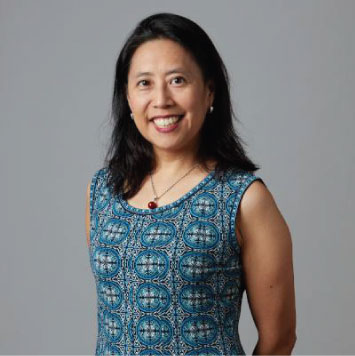
Prof. Julie Yun CHEN
Director, Medical Ethics and Humanities Unit, School of Clinical Medicine
Associate Professor (Teaching), Department of Family Medicine and Primary Care / Bau Institute of Medical and Health Sciences Education
Julie is currently Associate Professor (Teaching) jointly appointed in the Department of Family Medicine and Primary Care, and the Bau Institute of Medical and Health Sciences Education. She also serves as Assistant Dean (Learner Wellbeing) in the LKS Faculty of Medicine. She studied medicine at Dalhousie University and completed her training in family medicine at the University of Toronto. Julie teaches medical students across all six years of the MBBS programme in her own discipline as well as in professionalism and medical humanities. She is concerned about the fragmentation of healthcare, the loss of community and the deterioration of medical student wellbeing and believes that the simple effort of ‘asking an unscripted question’ can start bringing individuals together in a meaningful way.
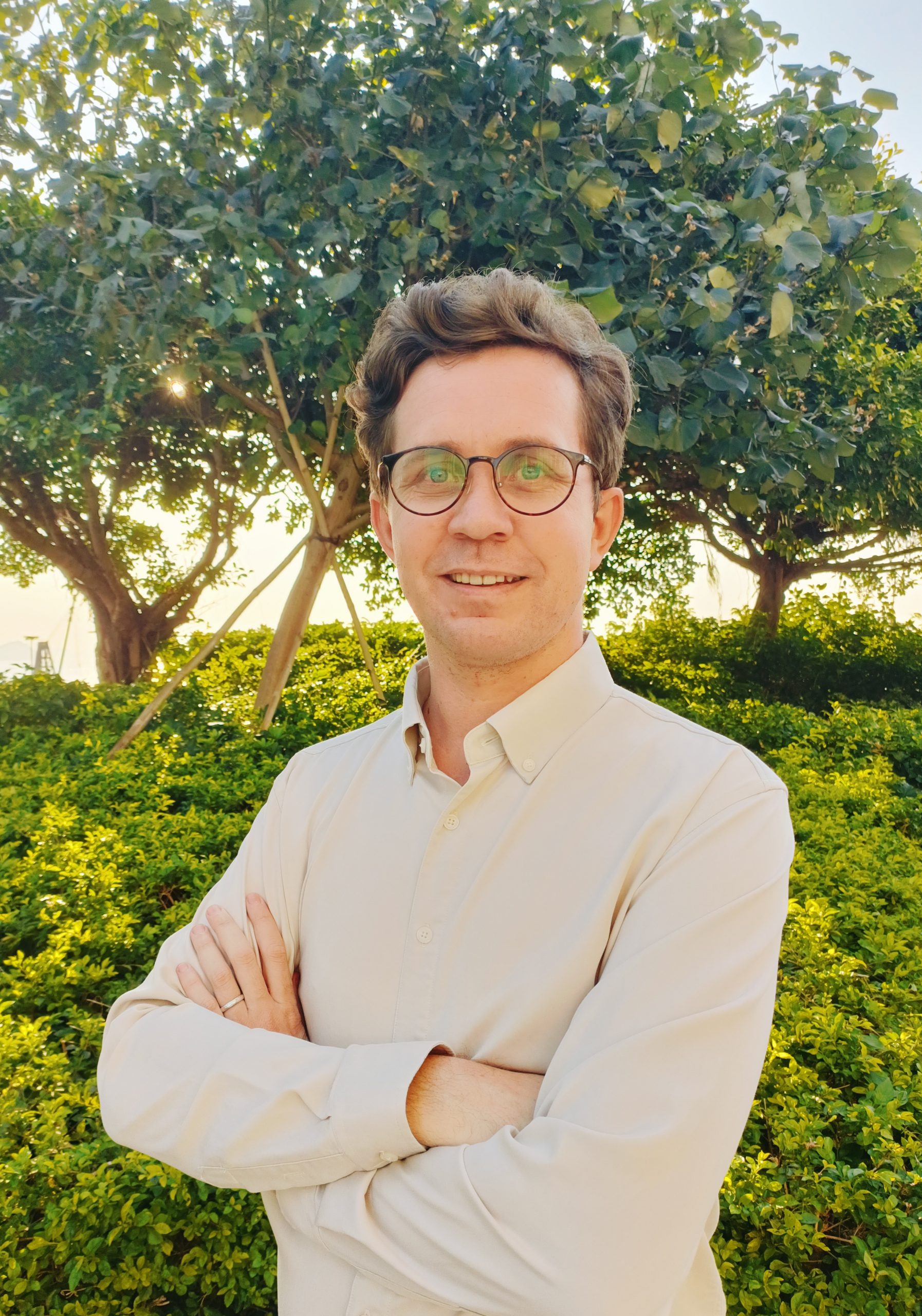
Prof. Alex K. Gearin
Assistant Professor
Dr. Alex K. Gearin, Ph.D., is an Australian medical anthropologist who has researched psychedelic substance using networks and practices across the globe. Graduating from the University of Queensland in 2015, he has published ethnographic research on the intercultural ethics of medical tourism, spirituality and individualism among psychedelic healing groups, and metaphor and therapeutic literacies in psychedelic medicine. His book Global Ayahuasca: Wondrous Visions and Modern Worlds (Stanford University Press, 2024) explores the psychoactive plant brew “ayahuasca” in Peru, Australia, and China. His work is featured in Current Anthropology, Social Science and Medicine, Frontiers in Pharmacology, The Journal of the Royal Anthropological Institute, and other outlets, and he is co-editor of The World Ayahuasca Diaspora: Controversies and Reinventions (Routledge, 2017). Alex is a passionate teacher and has delivered courses and workshops on cross-cultural health, bias and social justice in medicine, culture and psychopharmacology, gift economies and personhood, and Indigenous health in the modern world.
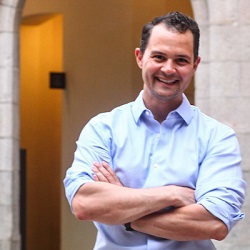
Prof. Carl Hildebrand
Assistant Professor
Carl Hildebrand is an ethicist and philosopher, having graduated with a DPhil in philosophy from the University of Oxford in 2018. His research engages questions at the intersection of ethics, moral psychology, and the history of philosophy. His current research focuses on the role of sympathy in Immanuel Kant’s conception of moral character and the good life, and he is working on a project on the philosophy of forgiveness funded by the University Grants Committee of Hong Kong. He has taught ethics in a variety of settings, most recently teaching “A Life Worth Living” and developing a new course on the ethics of human relationships as viewed through different scales and cross-cultural perspectives. Prior to that he taught in philosophy departments at the University of the Fraser Valley and the University of Oxford. He has taught ethics to public policy students at the University of Oxford’s Blavatnik School of Government and medical students at the University of British Columbia’s Faculty of Medicine.
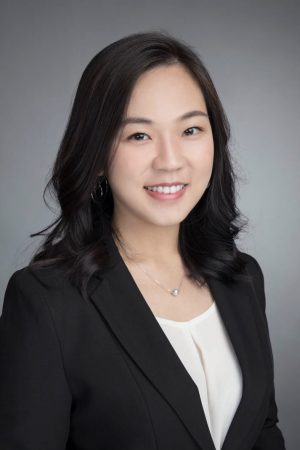
Dr Olivia M. Y. NGAN
Research Assistant Professor
Dr Olivia Ngan has a multidisciplinary background in neuroscience (BS, University in Michigan – Ann Arbor), bioethics (MS, Columbia University), and public health (PhD, Chinese University of Hong Kong). Prior to joining the Unit in 2022, she was a lecturer and bioethics co-ordinator (pre-clinical curriculum) at the Chinese University of Hong Kong.
She has a research interest in reproductive health, public health genomics, rare diseases, and empirical bioethics. Her primary work explores ethical issues in the translational application of emerging technologies in genomic medicine and healthcare services, including reproductive technologies, prenatal screening and diagnosis, and newborn screening. In her doctoral work, she employed a mixed method study, looking at the public health and social implication of non-invasive parental test (NIPT) screening for chromosomal aneuploidy in the two-tiered healthcare system. At present, she is collaborating with Hong Kong Children’s Hospital to explore public receptivity towards the storage of dried blood spot cards and whole-genome sequencing newborn screening. She is also interested in examining how the pandemic exacerbates health issues among vulnerable populations. Over the years, she has authored books and published papers in international peer-reviewed journals in public health, healthcare research, ethics, and medical education.
In addition to research, she is also passionate about cultivating ethical sensitivity among medical students. She awards courseware and teaching development grants in the capacity of PI, leading bioethics learning activities outside the classroom. She also provides supervision for undergraduate and postgraduate student projects related to medical ethics and medical education, such as moral distress.
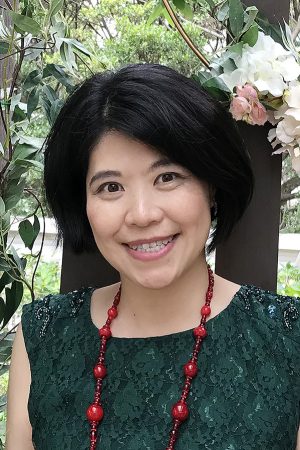
Dr Pauline Po-Ling LUK
Lecturer
(Joint Appointment with Bau Institute of Medical and Health Sciences Education)
Dr. Po Ling Pauline, LUK is a Lecturer in the Bau Institute of Medical and Health Sciences Education and the Medical Ethics and Humanities Unit. She is a health communication scholar and researcher. She is involving in online curriculum design and project coordination for students’ experiential learnings and student partnerships. She also teaches in diversified courses that involve multiple skillsets, e.g. problem-based learning for medical students, interdisciplinary health research projects for medical and nursing students, inter-professional education courses for multidisciplinary students, and communication courses for Masters students in Public Health, Nursing, and undergraduate students in the English Language.
She began facilitating medical humanities courses in 2021-22, for health diversity and ageing related topics. She engaged in a medical history immersive theatre performance project that involved HKU students from different faculties in January 2022.
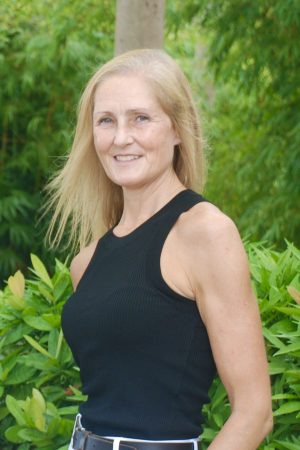
Dr Ria SINHA
Lecturer
Dr. Ria Sinha is a Lecturer in the Medical Ethics and Humanities Unit at the University of Hong Kong where she coordinates History of Medicine teaching and learning. She trained in biology and parasitology at King’s College London and gained a PhD from Imperial College London in collaboration with Leiden University Medical Centre (LUMC) in the Netherlands. Specialising in vector-borne diseases, her doctoral work focused on the development of transgenic malaria parasites to advance transmission blocking vaccine development. Her research and teaching at HKU has expanded into interdisciplinary research that considers the complex and dynamic sociocultural, ecological, historical, technological, and medico-scientific determinants of infectious disease emergence and management. She is currently curating the Covid-19 Archive Project to document the coronavirus pandemic, and is completing a book on the History of Malaria in Hong Kong.
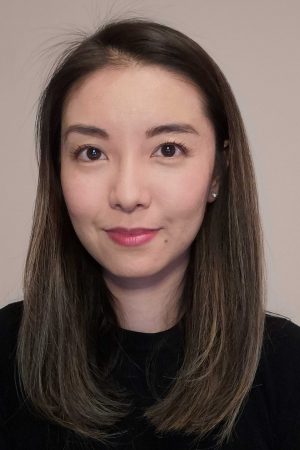
Dr Diana Dan WU
Lecturer
(Joint Appointment with the Department of Family Medicine and Primary Care)
Diana currently holds a joint appointment as Lecturer in the Department of Family Medicine and Primary Care and the School of Clinical Medicine Medical Ethics and Humanities Unit. She completed her medical school training and specialty training in family medicine at the University of Toronto, Canada. She currently focuses on teaching medical students across all years of the MBBS program including in-class and consultations-teaching at the Ap Lei Chau General Out Patient Clinic. She is interested in enriching the medical student learning experience with teachings in professionalism, discussions in medical ethics, and self-reflection and introspection. She is a firm believer that understanding of the human condition as explored through the medical humanities is an indispensable part of becoming of a great physician.
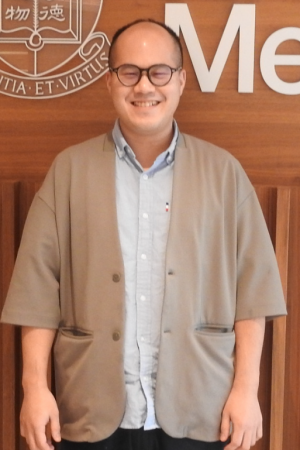
Mr Ki Sum Samson WONG
Assistant Lecturer (Part-time)
Ki Sum Samson is a QS-nominated medical educator having served for 10 years in Medical Ethics and Humanities Unit. He is a Fellow at both Academy of Medical Educators in the U.K. (FAcadMEd) and at Advance HE (FHEA). His teaching innovation has been recognized with awards from top institutions on QS World University Rankings 2024. In December 2023, he was shortlisted by QS as an Award Finalist (Nurturing Values and Ethics Category) at QS Reimagine Education Awards 2023.
Samson has also been involving in different professional recognition schemes to promote and recognize teaching excellence. Currently, he is a Mentor/Reviewer for the HKU Advance HE Fellowship Scheme, an Assessor for Academy of Medical Educators (U.K.), and a Mentor in HKU’s Postgraduate Certificate in Academic Practice (PCAP) programme.
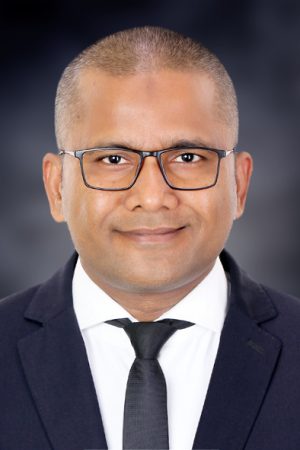
Dr Md. Sanwar Siraj
Post-doctoral Fellow
Dr Md. Sanwar Siraj is currently a Post-Doctoral Fellow at the Centre for Medical Ethics and Law of the Faculty of Law and the Li Ka Shing Faculty of Medicine and is hosted by the Medical Ethics and Humanities Unit at the School of Clinical Medicine, Li Ka Shing Faculty of Medicine. He received his Ph.D. from the City University of Hong Kong, focusing on medical law and ethics, particularly in living organ donation for transplantation. Dr Siraj also completed Post-Doctoral training in Switzerland, focusing on issues related to organ donation decisions and medical decision-making. He is specialized in empirical bioethics (in-depth interviews and observations), alongside training in normative/ethical analysis. His current scholarship focuses primarily on organ donation decisions, and decision making for patients with critical/end-of-life care. Dr Siraj also has a broad vision of getting involved in teaching health law and ethics to, among others, medical students and healthcare professionals.

